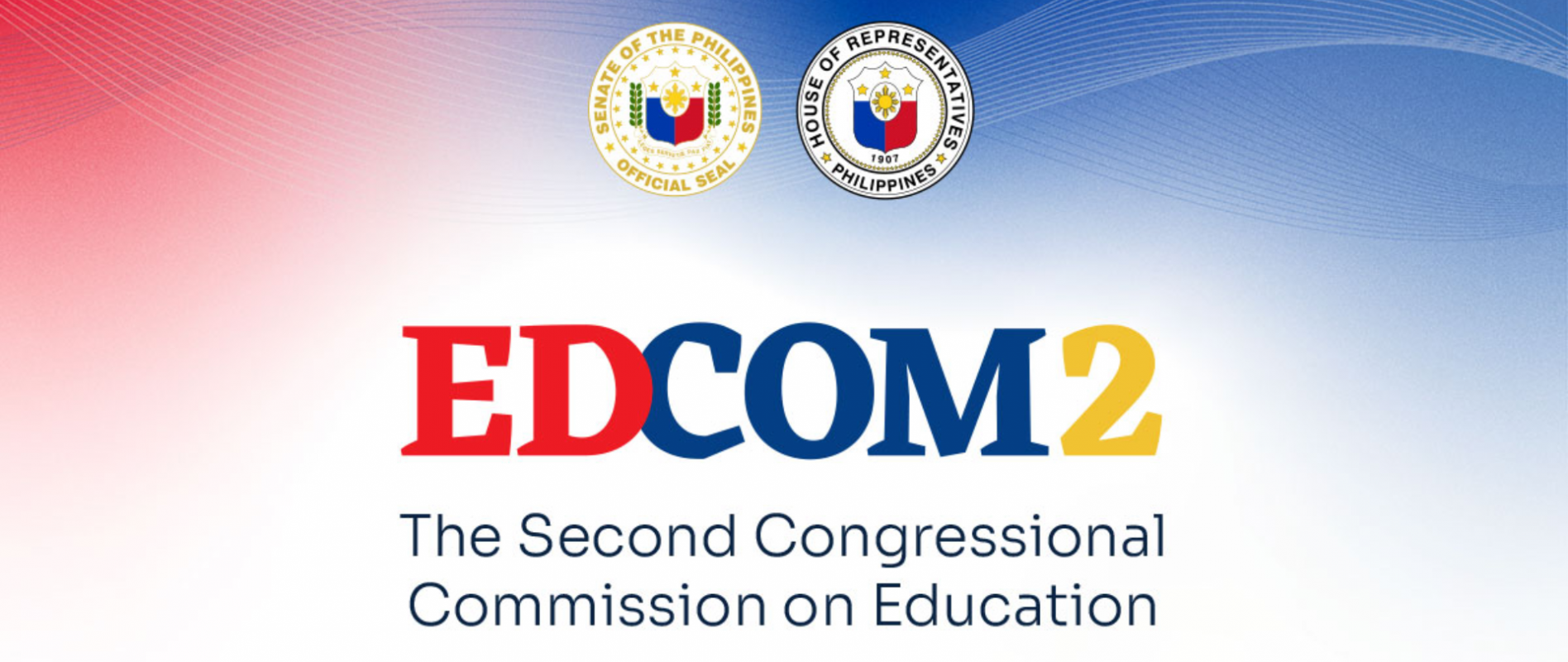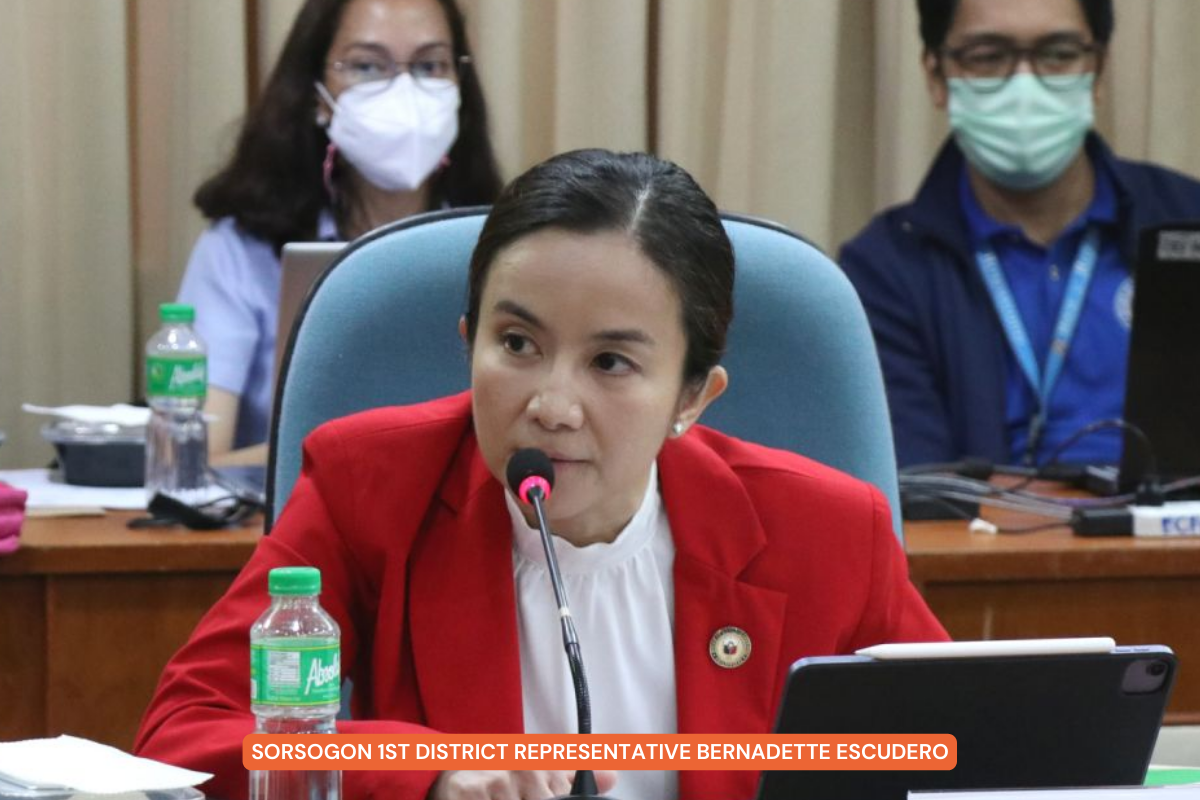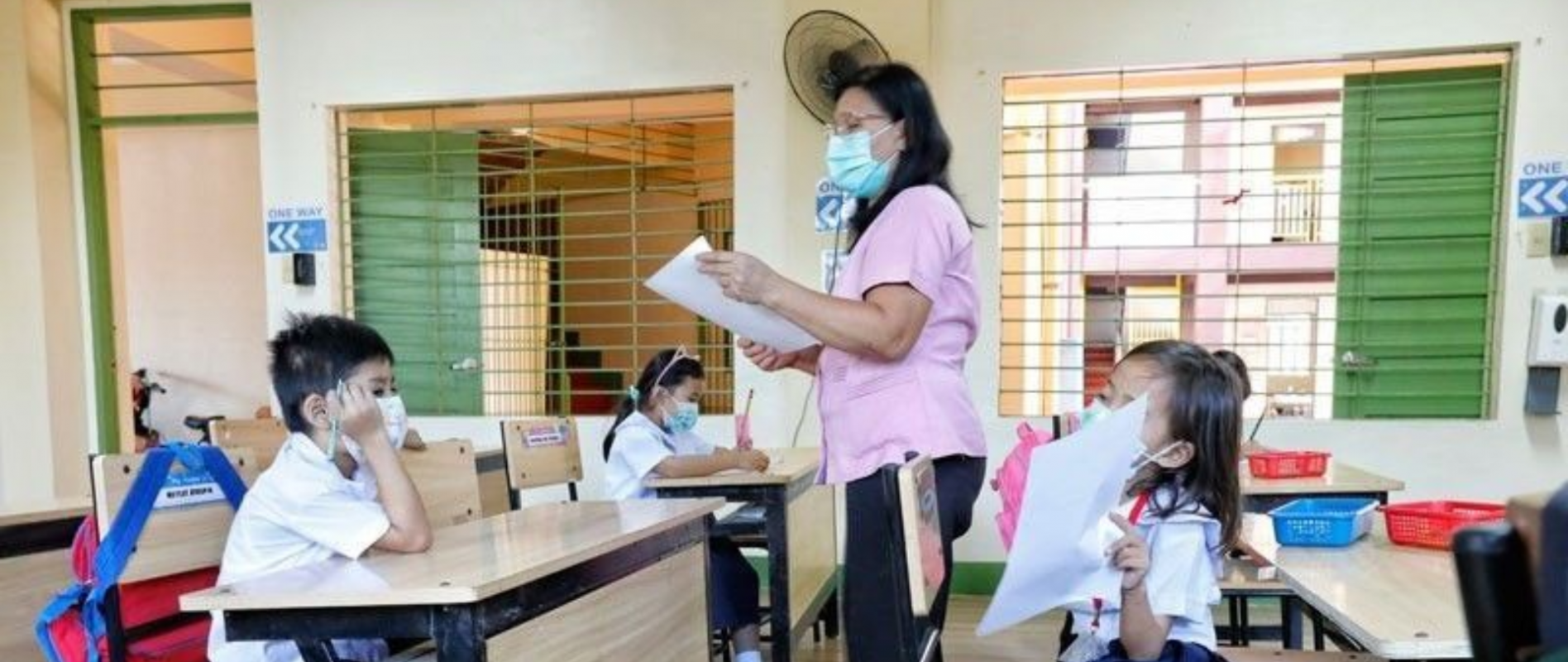EDCOM 2 FLAGS MALNUTRITION CRISIS, CALLS TO EXPAND FEEDING LAW
THE SECOND Congressional Commission on Education (EDCOM 2) on Thursday sounded the alarm on the country’s persistent child malnutrition crisis and called for urgent reforms to strengthen government feeding programs.
EDCOM 2 pointed to major gaps in existing nutrition legislation.
The First 1,000 Days Law covers children from birth to age two, while Republic Act 11037, or the Masustansyang Pagkain Para sa Batang Pilipino Act, provides feeding support for children ages three to five and up to Grade 6. This leaves children aged two to three—one of the most critical stages for growth—without government support.
“Data shows that stunting occurs from 5 months of age and worsens up to 25 months. By the time our children reach 25 months, stunting prevalence rises to 42% for the poorest and 11% for the richest. This means the current laws are missing the window when intervention is most crucial,” explained Dr. Karol Mark Yee, EDCOM Executive Director.
Yee noted that children stunted by age two often suffer poorer educational outcomes, contributing to weak literacy rates and low PISA scores.
Citing data, EDCOM 2 reported that only 25% of Filipino children meet recommended daily energy intake. Children aged 3–5 consume 20% less protein, 40% less fat, and 35% less carbohydrates than recommended, with the poorest 40% eating significantly less protein—the nutrient most vital for growth.
The Commission also flagged low participation in the Department of Social Welfare and Development’s Supplemental Feeding Program (SFP), which only reaches 10%–30% of children across regions. A Philippine Institute for Development Studies evaluation found that SFP participation does not consistently improve nutritional status, partly due to limited budget.
“For 13 years, the budget for hot meals per child was only ₱15 per day, raised to just ₱25 recently,” Yee said, stressing the need for adequate funding.
Another pressing concern is support for adolescent mothers. The Philippines records over 500 teen births daily—the highest in ASEAN.
According to EDCOM 2, around 142,276 pregnant adolescent students enrolled in DepEd schools are excluded from the School-Based Feeding Program due to RA 11037’s limitations, despite the higher risks of poor health outcomes for their babies.














